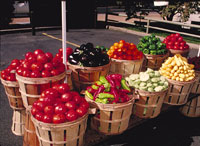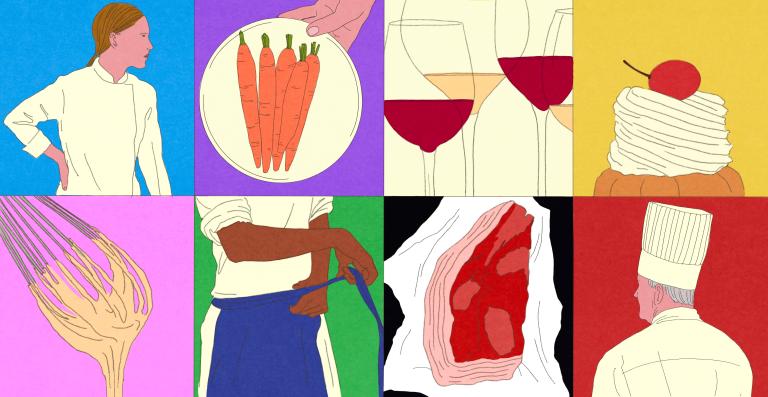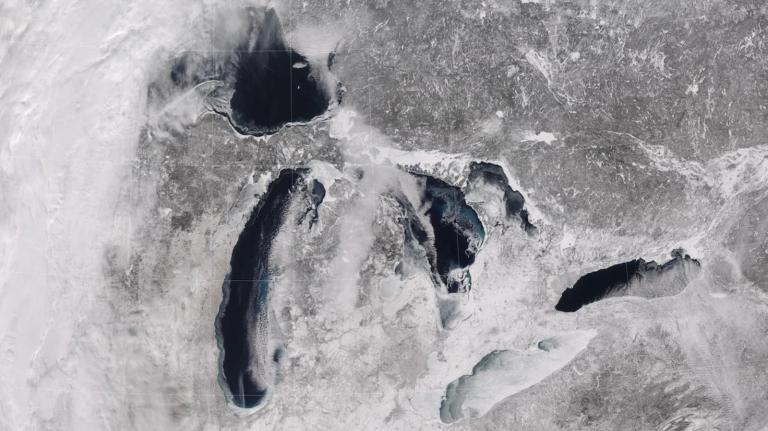[Editor's note, 7/21/11: In retrospect, we should have approached this topic with a more skeptical eye. Grist blogger Tom Laskawy has written a smart rebuttal to the Scientific American piece that's summarized here — read it!]
Science writer Christie Wilcox lays out the top myths about organic farming in Scientific American, and they might surprise you:
- It's not really pesticide-free. Certified organic farms have to use pesticides from natural sources, rather than man-made — but those aren't necessarily any less dangerous or harmful. Large organic farms still spray crops with pesticides and fungicides. And they have to use more to get the same effect.
- It's not really better for you. Even if you're getting your produce from a totally pesticide-free farm, that doesn't mean it's free of pathogens. And there's no evidence that organic food is any more nutritious or beneficial than conventionally farmed food.
- It's not really better for the planet. Organic farming produces less food per acre, so it's not an efficient use of land. And Wilcox objects to organic farming's resistance to genetically modified organisms, which she says could help improve farming practices and mitigate world hunger.
Wilcox closes on a final myth: that you have to choose sides, conventional or organic. You don't, so even if you're disinclined to give credence to skepticism about organic farming, it's worth checking out this heavily sourced article. Even if you're not convinced, you'll be informed and also maybe a little disgusted.




